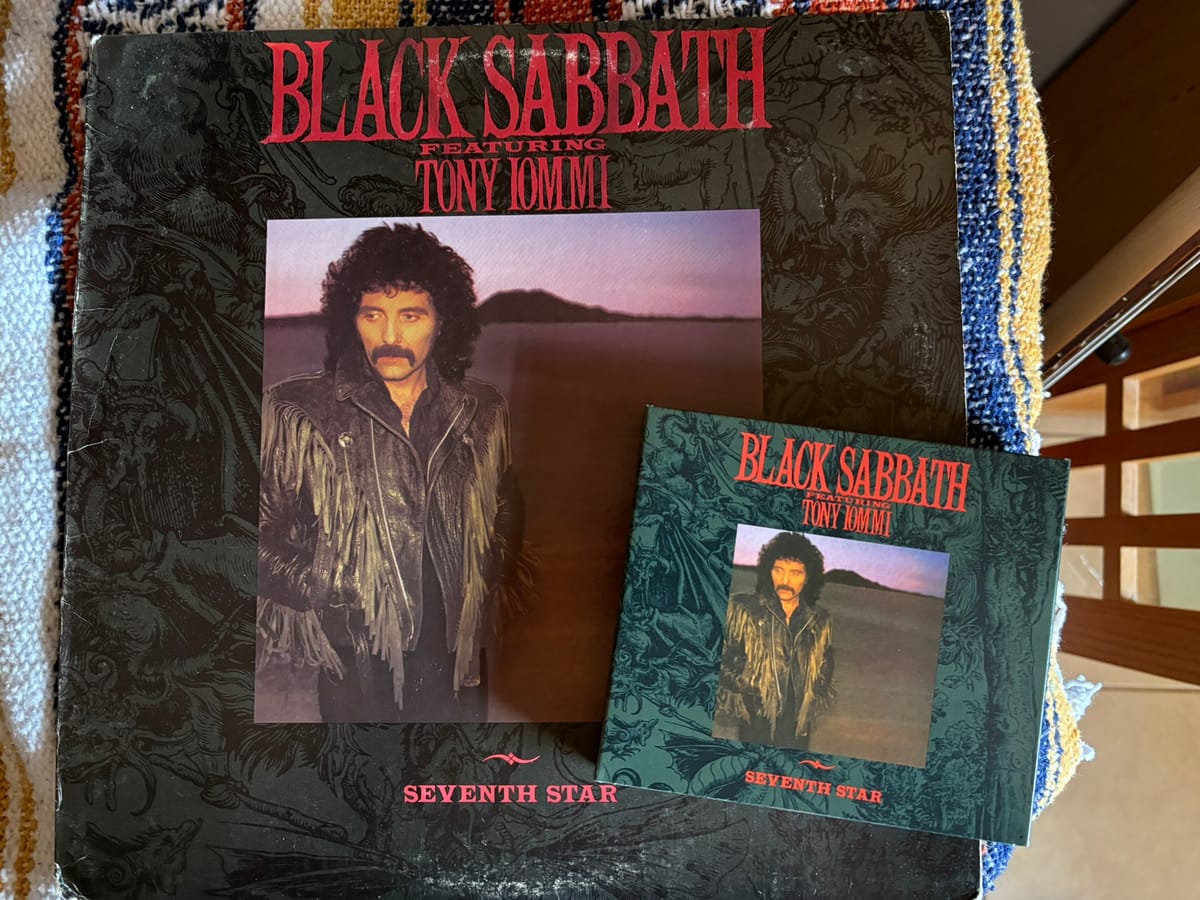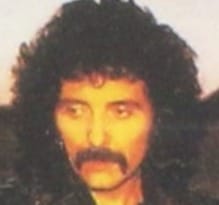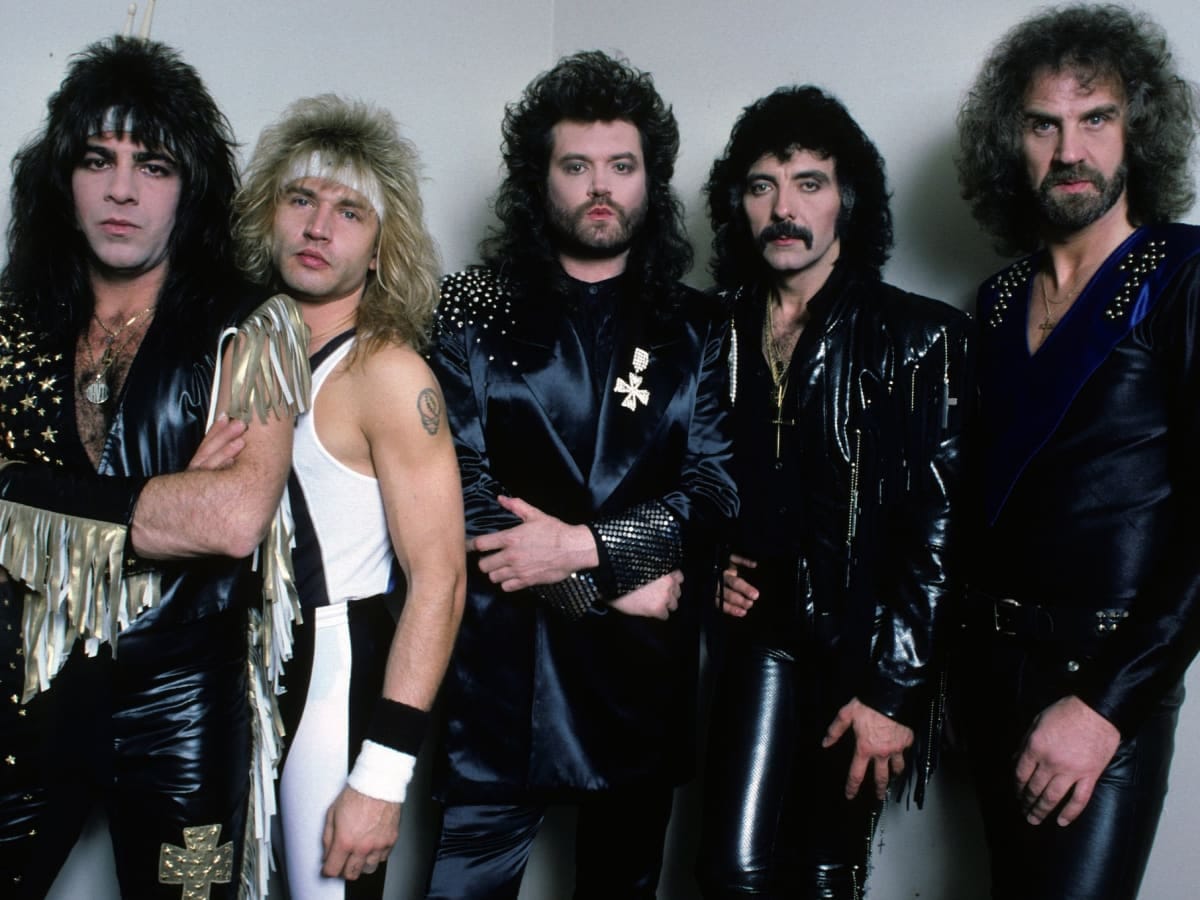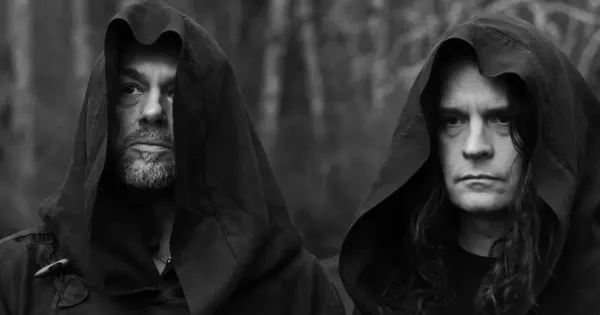Glenn Hughes Had an Amazing Head of Hair

Released in January 1986, Seventh Star was the 12th full length studio album from the mighty Black Sabbath.
I’m pretty sure that I bought this record on vinyl at my local Albertson’s grocery store. My memory is hazy, but I recall that there was a cutout bin of overstock vinyl in either the toiletries or stationary aisles. Why the grocery store was selling vinyl is anybody’s guess, but they had a great selection of stuff and it was cheap. I remember also finding some Twisted Sister records and Motley Crue’s Shout at the Devil (the badass gatefold version with the embossed pentagram on the front) from this same grocery store.
I thought it was odd that rather than just being branded as a Black Sabbath record, it was very intentionally branded as “Black Sabbath Featuring Tony Iommi.” In the 80’s, Black Sabbath pretty much was Tony Iommi, so it felt a bit redundant, but whatever, it was only $6. I scurried home with my treasure, put Seventh Star on my turntable, and made it through maybe a couple of listens before I shelved it for a decade. It didn’t sound like any of the Sabbath tunes that I’d started to engross myself with, and the cover photo of a very depressed looking Tony Iommi staring off into the distance seemed to say “I’m just as disappointed in this record as you are.”

It wasn’t until much, much later when I was better versed in Sabbath lore that I could fully appreciate Seventh Star and its convoluted backstory. The TL’DR version is that it was supposed to be a Tony Iommi solo record, not a Sabbath record, but shenanigans with the suits at Warner Bros. Records prevailed (as they usually do). Which makes complete and total sense if you actually listen to the damn thing. Glenn Hughes was an absolute a disaster of a choice to front Black Sabbath, but fronting Iommi’s solo band was an ideal match made in both Heaven & Hell. Hughes’ soulful pipes were the perfect vehicle to transport tunes like “Heart Like a Wheel”, “Angry Heart”, and “No Stranger to Love” (all of which sound nothing like traditional Sabbath) while his stratospheric vocal range on album opener “In For the Kill” rivals Ian Gillan’s histrionics on Born Again. It’s a solid collection of bluesy infused 80’s hard rock tunes that certainly have Sabbath’s fingerprints on them, but which should never have been burdened with the Black Sabbath moniker. Poor thing never had a chance.
Seventh Star is an awkward chapter in the history of Black Sabbath, but what transpired after the album’s release is infinitely more interesting and entertaining that anything captured on the record itself…
So the album is released as a Sabbath album in early ‘86, and the lineup that Tony’s assembled (featuring future Kiss-alum Eric Singer on drums and longtime keyboardist Geoff Nicholls as a fully fledged band member) launches their North American tour in support, fully armed with fan favorites like “War Pigs”, “Paranoid” and “Neon Knights.” Glenn Hughes, who gave such a marvelous performance on the record is a hot drug fueled mess, gets into a fight with Sabbath’s tour manager and makes it through 5 disastrous shows before he’s booted from both the band and tour. Ray Gillen is plucked from obscurity to replace Hughes and fronts Sabbath for the remainder of the North American tour and European tours. Fun fact, Anthrax and WASP were tour openers. Ray Gillen writes lyrics and records vocals for the album that would become The Eternal Idol, but depending on who you ask, quits either due to mismanagement, money disputes, or general dissatisfaction with his performance. Tony Martin is brought in to save the record, re-records his vocals for The Eternal Idol, and becomes the second longest serving vocalist in Black Sabbath. All of that because the record company thought they’d sell more copies of Seventh Star if they slapped the Black Sabbath name on the cover…
Seventh Star was reissued in 2013 with one of the Gillen fronted shows from that ill-fated tour as bonus disc. Beyond being a total fan service move, it felt like it was Iommi’s way of acknowledging and legitimizing that moment in the band’s history, as convoluted as it may have been. Unsurprisingly, Seventh Star sounds like a direct predecessor to the Fused and DEP Sessions solo records that Tony Iommi would later release with (wait for it…) his old mate Glenn Hughes.
As good as some of the songs are on Seventh Star, it’s not a good Black Sabbath record, no matter how many apologies you try to make for it. It is, however, a pretty serviceable Tony Iommi debut solo album that I still regularly listen to. “Hear the call of distant ages/it’s the call of the seventh star.”
Oh yeah... Glenn Hughes had an AMAZING head of hair back in those days. Absolute rock and f@#king roll.






